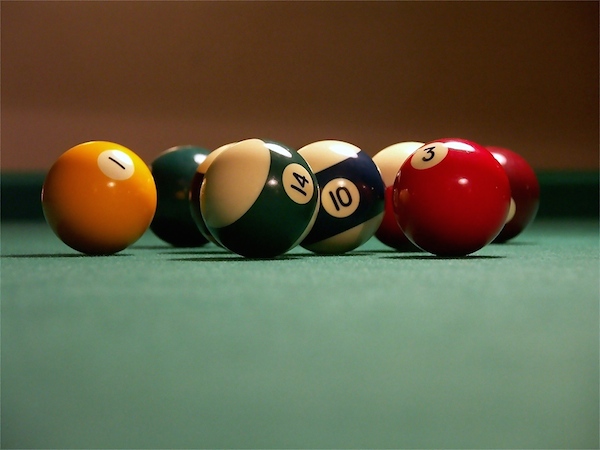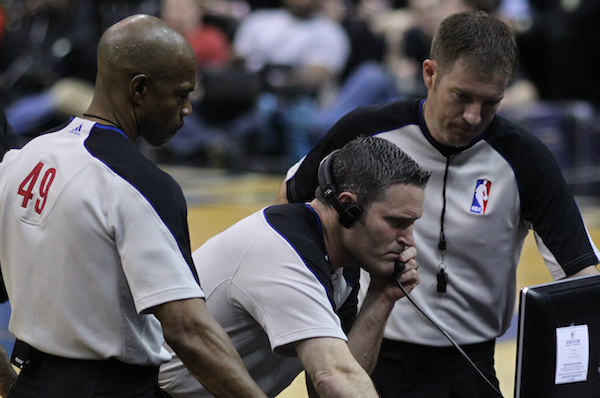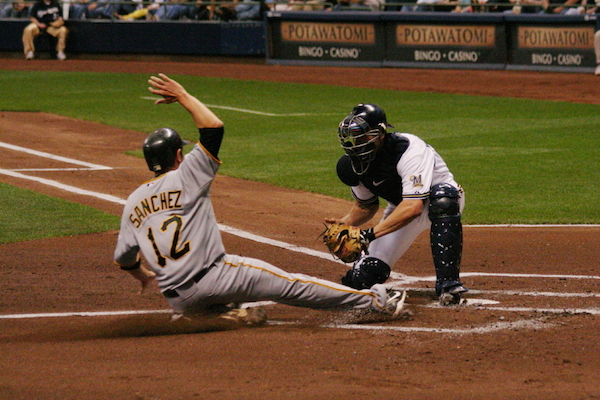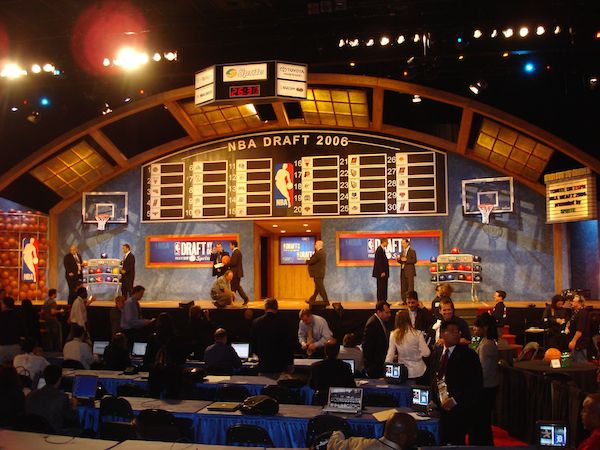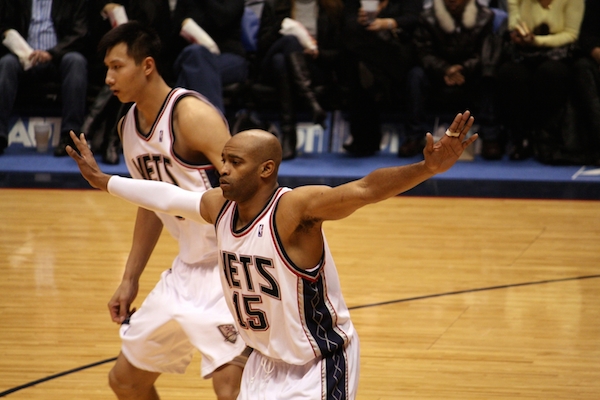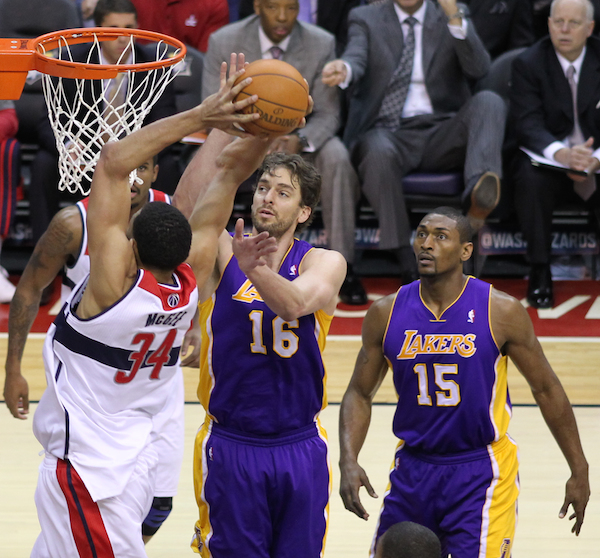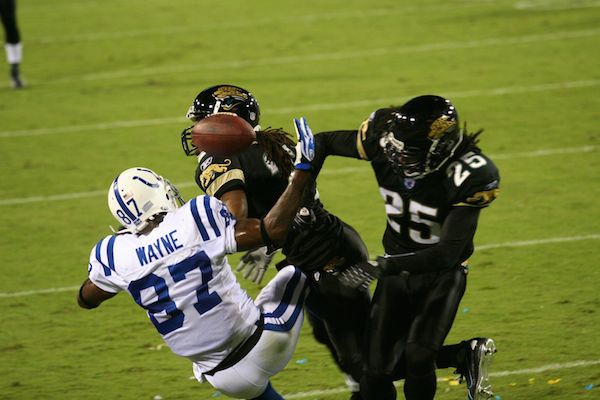Dear Sports Fan,
I’ve been following the NBA playoffs and have heard announcers talking about one team sweeping another. What does that mean?
Thanks,
Don
Dear Don,
When one team wins all of its games against another team in a particular set of games, it is said to have swept the other team. The reason you’re hearing it so much now is that the NBA playoffs are organized into best four out of seven series. For a team to move on to the next round of the playoffs, it must beat its opponent four times within those seven games. If it were a set of three games instead of seven, a team would have to win a majority of two out of the three to win the series. If a team gets to having won a majority of the games in a series by winning consecutive games, they have swept the series.
You’ll hear talk about sweeps most often in sports that organize their games like basketball does. The NHL and MLB playoffs also are organized around seven game series. In the NFL, where the playoffs are single elimination, you may still hear someone talk about a team sweeping a “season series ” against another team. This means the team won all (usually it is just two) games against a particular opponent even if the games were not consecutive.
Being swept is seen as humiliating in professional sports and players are determined not to let it happen to them. It’s actually fairly common though — as of 2009, 18% of NHL playoff series ended in a sweep. In this NBA playoffs so far, there are four teams at risk for being swept: the Celtics by the Knicks,[1] the Bucks by the Heat, the Lakers by the Spurs, and the Rockets by the Thunder.
If you’re having trouble remembering what a sweep is, here are two possible derivations that might help. One possibility is that the usage comes from the image of using a broom to sweep your opponent out of the way — that opponent put up so little fight that you could use the broom instead of having to pull a mop out or get on your hands and knees to scrub. Another possibility is that this usage shares a derivation with the word sweepstakes — a contest where one party sweeps all of the possible winnings into their lap — the image of one of those miniature shuffleboard sticks that roulette dealers use comes to mind.
Enjoy the playoffs!
Ezra Fischer
- Not anymore, since I started writing this, the Celtics won in overtime to avoid being swept 4-0.↵


